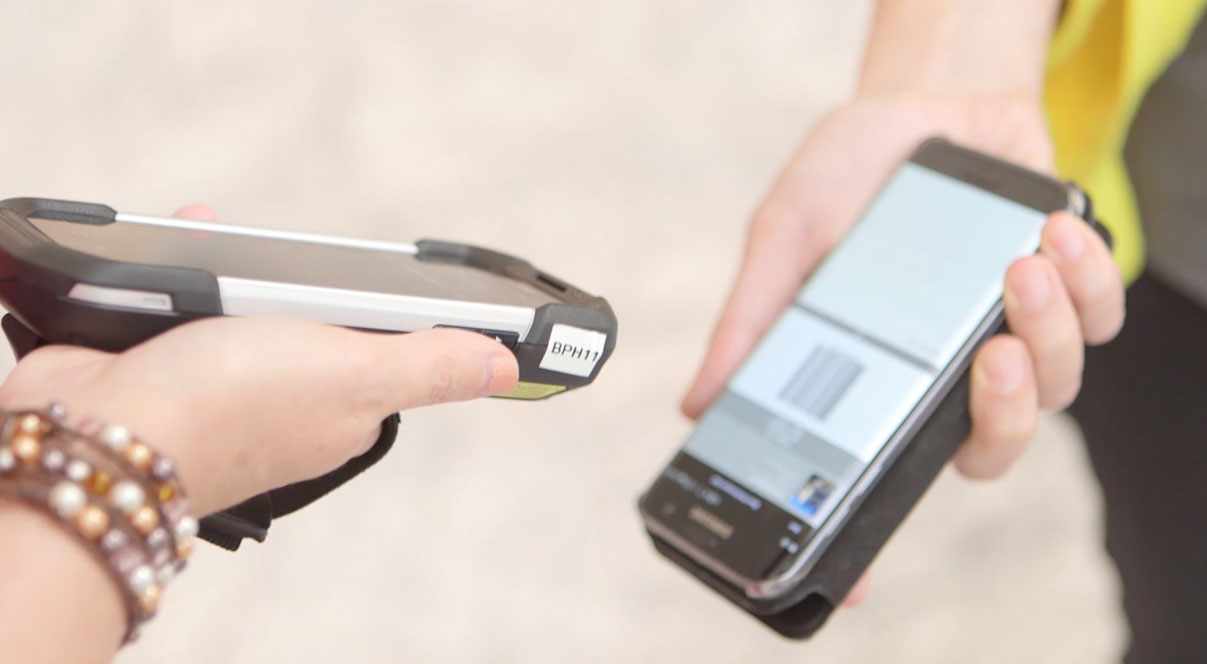In the realm of transportation, for instance, digital ticketing denotes the use of paperless ticketing that allows passengers to travel to their intended destination. Such electronic ticketing can be used to improve the management of fare collection, especially in public transport. Globally, the increased movement of people across borders is also contributing to a surge in demand for public transport through modes such as air, rail, or road transport. As such, the use of digital ticketing is playing an essential role in hastening the ticketing processes for millions of passengers intending to travel to various destinations either locally or internationally. With the advent of digital ticketing, automated fare collection has now replaced physical tickets normally used in public transport systems. The shift to using electronic ticketing in public transport can help streamline b2b transactions.
Transactions via digital ticketing
To hasten the management of fare collection from passengers, transport providers have often relied on travel agencies to assist them with the processing of passengers’ bookings. Such an arrangement with travel agencies is key to streamlining the ticketing process by transport providers, especially in today’s globalized world where the demand for public transport services is on the rise. With the introduction of digital ticketing, the b2b arrangement between public transport providers and travel agencies is no longer for them to carry out their transactions by hand. This is because they can use digital platforms to make such transactions and avoid the tedious work of processing paper tickets by hand, which may lead to additional costs as well as have an adverse effect on their profit line.
In addition, shifting to digital ticketing is also key to fostering efficiency when it comes to fare collection. This is because fares paid by travellers through digital platforms owned by reputable travel agencies, for instance, is transferred instantly to their preferred public transport provider, who in turn, confirms such bookings, thus avoiding the need to take passengers through another vetting process, which can be tedious and also contribute to delays in transporting passengers to their preferred destinations.
How safe is digital ticketing?
One of the major concerns with digital ticketing, especially in public transport systems, is security and fraud. This is because potential travellers buy their tickets online; however, in instances where travel agencies lack strong security buffers for their online platforms, it is possible for fraudsters to access tickets bought by travellers. Consequently, it is impossible for transport providers and travel agencies to achieve success with automated fare collection without proper security measures. However, if automated fare collection is done correctly in a b2b arrangement between public transport providers and travel agencies, then e-ticketing can help both parties to avoid additional costs that can impact negatively on their profit line.
In conclusion, the introduction of digital ticketing, especially in public transport, is playing a major role in improving the management of fare collection and streamlining b2b transactions between transport providers and travel agencies. In addition, travellers are also benefiting from digital ticketing in the sense that they can make their travel bookings at the comfort of their homes.











